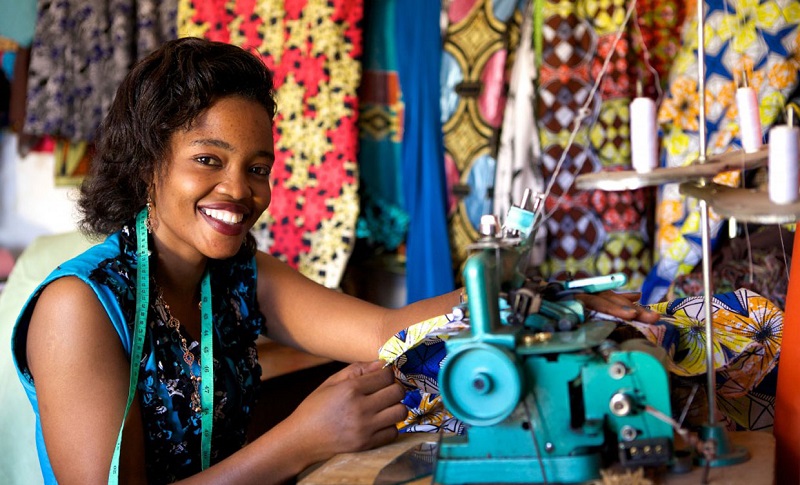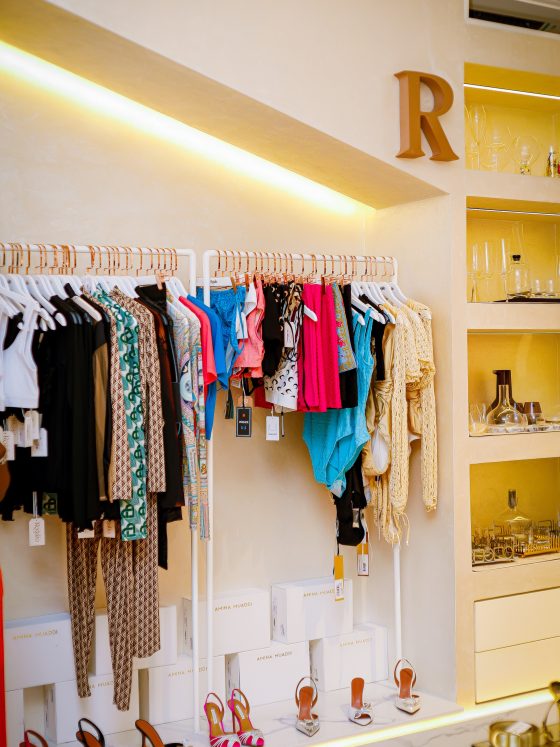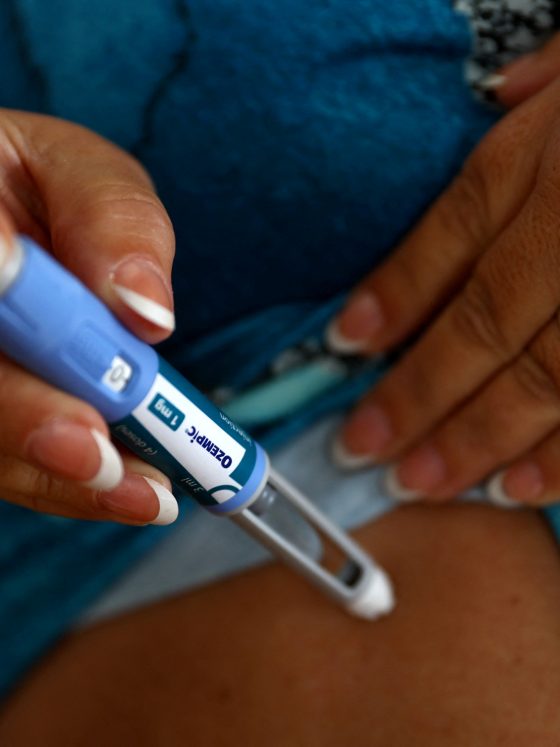No one saw 2020 coming. As the beginning of a new decade, expectations were high. Huge plans were made to signify this special year. The symbol represented growth and sentiments were attached to the figure 2020. But instead of meeting our expectations, something reared up that would change the world forever as we once knew it! COVID-19 happened instead.
The coronavirus – first described as a mysterious, flu-like ailment making the rounds in China – brought the global economy to a standstill. Millions lost their jobs, and many lives have been lost. The future is still bleak because rather than the virus fading away, it has mutated and if anything, is 70% more contagious than before making it deadlier than ever. But the world is trying to adapt to the new normal and it has been far from easy.
2020 tested our resilience, forcing the world to change on how it lives and works. As we near 2021, with the tenuous promise of a suite of vaccines, we face a new test. We will need to decide what kind of post-pandemic world we want to build, for ourselves and for future generations. What Big Ideas do you think will emerge in the year ahead? STYLE has come up with a list of things that will be more prominent in 2021.
The vaccine will play a major role even though social distancing has not been well managed enough.
Everyone is hoping that 2021 will bring relief from the COVID-19 crisis, and public health experts believe there’s a reason to be optimistic. The potential for this vaccine to have a major impact on this pandemic is very real. But it is not as simple a solution to the crisis as it sounds. While the first vaccine candidates are already moving through the approval process, it’s likely we’ll see two or three generations of vaccines over the next few years. The vaccine needs to not only be effective, but also durable – meaning the protection lasts for an extended period of time. Its dosage is not a permanent prevention and one would have to take it on a yearly basis. Aside from this, because it is relatively new, people are not sure about side effects which makes some hesitant to take it. The manufacturers will have to earn the trust of people to make them more willing to take it. We also have to be sure that low- and middle-income countries have access to it as well; otherwise, the virus will continue to cross borders.
Treatments and diagnostics are also likely to improve, meaning that mortality rates should continue to edge downward. But next year is also likely to bring a fair bit of frustration because the rollout of the vaccine will take longer than expected. Some professional health experts have estimated that it will likely take six to nine months after approval for the general public to have access to it. With little political and economic appetite for more lockdowns, and a collective stir craziness, cases may spike even after a vaccine is available. And one cannot estimate when this vaccine will be available in Africa and whether or not it will be affordable for the common man. The Covid test as is ranges between N35-50k which is way beyond the reach of the masses.

The office will fight to win you back…3-2-2
After a year of working from home, power dynamics have shifted. Companies will need to give employees a reason to return to the office. On offer? Spaces designed for what we’ve been missing all along: Human connection, and maybe a bit of rest and relaxation, too. People miss people the most. There’s a credible value to real life in-person contact. But because the culture of working from home has increased drastically, the work space will function in two key ways: As spaces where people gather for leadership, personal development and culture; and as clubhouses where they come together to collaborate and congregate. Either way, we won’t be gathering in them five days each week anymore. This transformation won’t simply be philosophical; it’ll be physical, too.
Most company staff want to work in an office, but this time, only twice a week. And when they do come in, they want it to be collaborative. Offices need to accommodate this activity-based working that suit a variety of needs. But collaborative spaces alone may not be enough to draw people back, so companies would be wise to entice people with either a lot of amenities and a super slick experience or a really unique experience you can’t get anywhere else. Companies may want to consider setting up outposts in scenic areas more associated with leisure employees can gravitate towards. Business leaders are being forced to rethink how their companies will work in a post-pandemic world. One of the biggest questions they will face? Where and when employees can work. By the time it’s safe to return to the office, many workers will have spent a year or more working from home. And many are enjoying the extra time and flexibility. Companies may let employees work from home two or more days per week, with some opting for three days in office, two days remote and then two days off — a 3-2-2 work week, if you will. Some employers may even cut down to a four-day work week altogether. Companies will allow them to be at least partially remote after the coronavirus pandemic wanes.

This year must-have tech will be anything that makes us feel safer.
Forget faster, better, newer and different. This year technology and innovation wish list will focus on products and services that make us feel safer. Like the pulse oximeter. That way, if anyone contracts COVID-19, you could check your blood oxygen levels to determine how serious your illness is as it can detect blood oxygen levels. People will want to travel on planes that have been cleaned with an electrostatic sprayer. This demand for safety will also extend to methods large tech companies use to protect their members from harassment. People have grown increasingly worried by the risks that data misuse and misinformation pose to the people who use these services—and society at large.

Get ready for another recession
As a year that’s produced no shortage of surprises comes to a close, the global recession may only be the opening act. The initial economic downturn that resulted global shutdowns as the pandemic grew has led to conditions that now expose an underlying, more fundamental recession. Industries that weren’t directly affected by the health crisis are now experiencing job losses, business failures and declines in spending; more layoffs that were originally classified as temporary are being classified as permanent; and the rate of long-term unemployment — a disturbing hallmark, is on the rise. The long ascent out of this year’s deep recession will be uneven, uncertain and prone to setbacks. The road to strong, sustainable, balanced and inclusive growth will be long and difficult.

For leaders, character will be everything
As we strive to overcome a global pandemic and an economic recession, the character of leaders will matter as much as their competence. In 2021, servant leadership should be of utmost importance as people become more concerned about clarity and purpose. They are looking for a sense of confidence to assuage their fears of uncertainty of what the future holds. Servant leaders should be givers, not takers. People need to be able to count on them to put the nation’s interests above their own. They will need to create opportunities for growth and advancement. This is where and when the truth test of their leadership comes to play.

Instead of renting a store, you cut corners and work from home or close down branches
It’s been an especially rough year for brick-and-mortar retailers. The pandemic sent shock waves with reduced foot traffic in stores and a rapid shift to online retail options. The result? Record-breaking store closures and a fresh wave of retail bankruptcies. All of this leaves one sticky question: What do we do with all the vacant retail space? Some shops that remain vacant can be transformed into residential units. Large cities will continue to have the appeal of attracting large crowds, so retail real estate will continue to repurpose itself.
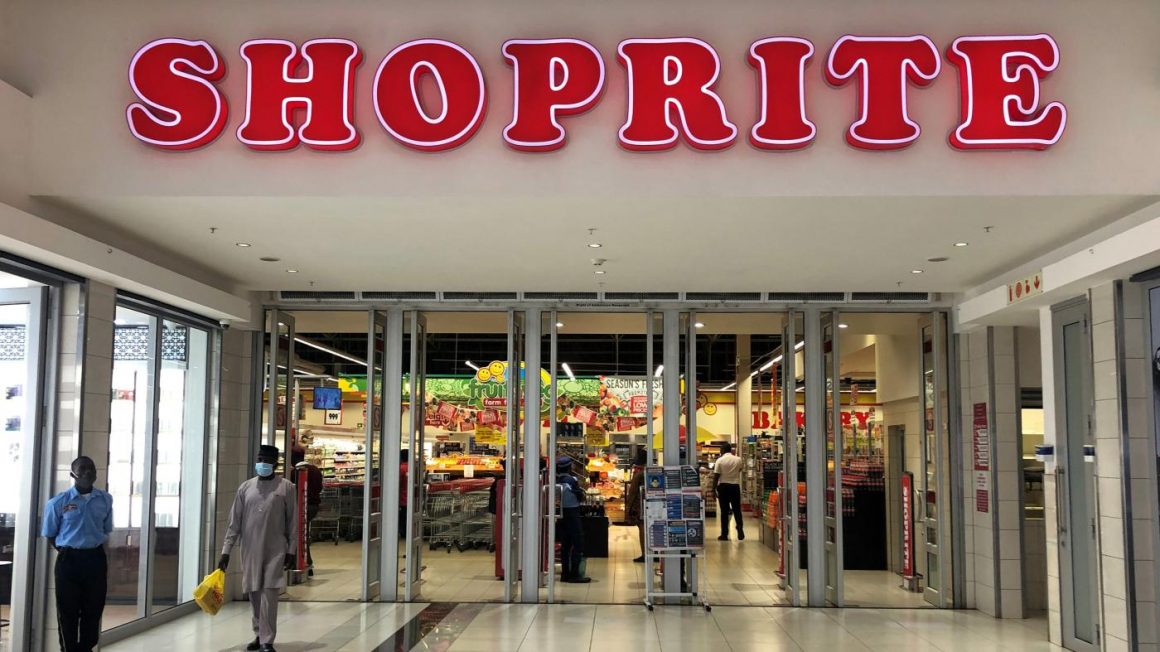
Companies will court the wealthy and invest more in intellectual property
The global pandemic has created “a tale of two cities”. The people at the top will continue to do spectacularly well while the rest fall further behind. In the wake of the pandemic, companies will be forced to follow the money in order to thrive or even survive. Operate a movie theatre that has been sitting largely empty? Private screenings might fill the gap. Hotel chains are courting well-to-do workers seeking private offices, a trend that could continue for years. As companies chase moneyed consumers, their own operational makeup will change too, Businesses across the globe have been shedding the assets that have historically defined them – factories, machinery, regional offices teeming with people. Companies will increasingly invest in intellectual property, software, online platforms, proprietary data and algorithms whatever it takes to track and meet the customer of the future where they are.
Streaming will eat — then transform — the movies
It’s been a devastating year for movie theatres, as many were forced to shut their doors amid the pandemic. But things have been particularly good for the streaming business, which became just about the only game in town for viewers this year. Warner Bros. shook the industry in December when it announced it would release all of its 2021 films on streaming service HBO Max and in theatres simultaneously. When the COVID-19 crisis subsides, can movie houses find their way back to consumers’ hearts and wallets? Yes, but it’s going to require a few adjustments. But the big question is ‘What can a theatre offer that you can’t get in your living room? People can argue that Comedies are funnier, thrillers are more suspenseful, and horror movies are scarier in a crowd. Someone will need to provide the capital for theatres to make it through the pandemic. They could give customers the chance to see new releases first in theatres.
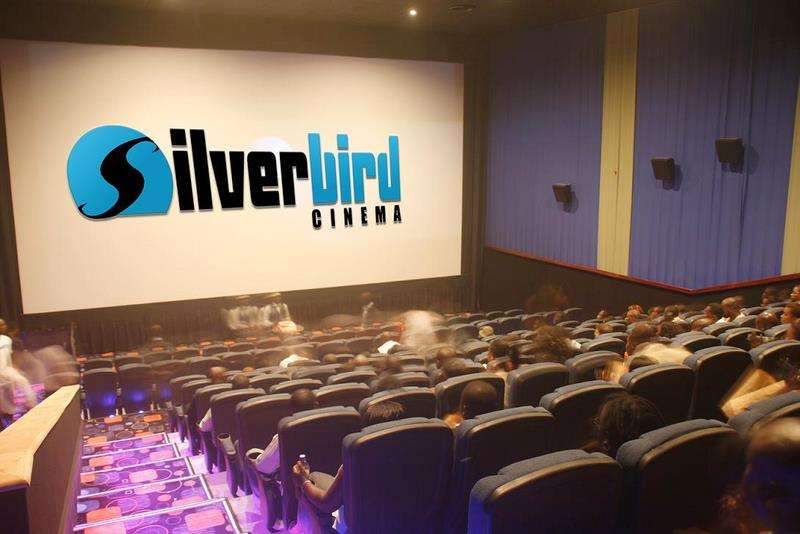
The remote classroom will get a much-needed upgrade
One of 2020’s biggest frustrations involved the upheavals associated with abruptly halting education in favour of moving everything to remote learning. But it has been an uphill struggle to master video tools built for adults in business settings. Class attendance dwindled. Even students who did show up often felt disconnected. There must be a better way to conduct online classes for children especially. Now they are a new ed-tech start-up, Engageli, which is building an interactive teaching system that’s designed to meet schools’ unique needs. The idea is to make it easier for students to “sit” together at tables of two to eight learners, while an instructor’s lesson unfolds. Students can confer with table-mates without being heard by the larger group. Meanwhile, the instructor can explain things to all the tables at once, while still being able to visit specific tables to make sure everything is on track. Educators prefer this model to the rigid constraints of other vendors’ breakout rooms, which were built to suit just corporate needs. Leading business-video players such as Zoom, Cisco’s WebEx, and Microsoft Teams are likely to move quickly to address the needs of the education market in 2021.
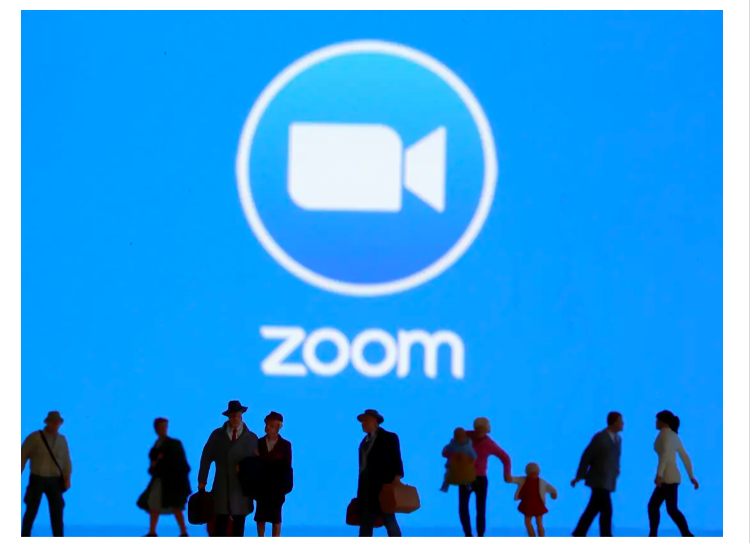
The travel industry will go the way of Netflix
The pandemic wreaked havoc on the travel industry in 2020. International travel all but halted for many countries. Airlines have filed for bankruptcy protection. Traditional tourist hotspots have become coldspots. The travel industry has been forced to rip up big chunks of its playbook and start fresh. One idea gaining traction? Travel subscriptions. Some airlines have begun experimenting with this, where they offer fixed rate flights in exchange for a secure, continuous source of revenue. Another area that can take off is where hotel chains offer flexible bookings and benefits for customers to stay and work out of any of their hotels across the country.

Pandemic prevention will stretch far beyond medicine
The COVID-19 pandemic has made clear that our health is inextricably tied to larger environmental issues. Increased population density and global travel has raised the risk of more frequent zoonotic disease outbreaks, and therefore a higher potential for another pandemic. A vaccine will help to end the pandemic, but it won’t address the vulnerabilities that lie at its root. There’s no vaccine for poverty, hunger or inequality. The pandemic has also shown that health is a matter of justice and inequality as well, with the crisis posing a disproportionate impact on poor communities. This has pushed health care providers and governments to tackle the socio-economic factors that influence who get sick and who recovers. COVID-19 has laid bare our public health system. It’s put a spotlight on the frailties within the system. With the emergence of Covid centres built within a short period, more attention will be given to his maintenance in moving forward to help curb this virus. More people will also be forced to wear masks publicly and the government will take a stronger stand in putting this law in place.
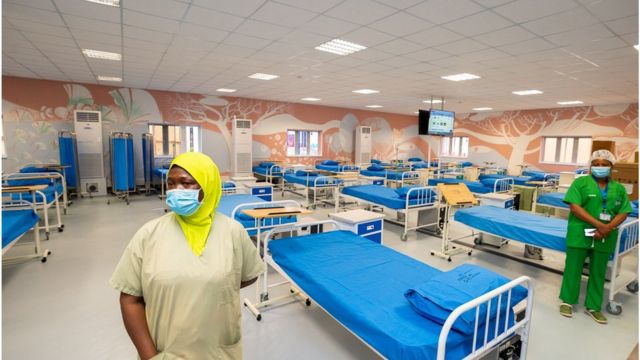
Millennials will remake investing in their own image
Millennials are about to change all of that — and remake the finance sector along the way. Some major trends, recently highlighted, are accelerating to drive this changing of the guard:
- Millennials — born between 1981 and 1996 — are about to enter the peak earning years of their careers. As they climb the corporate ladder and replace retiring baby boomers, their earning power will jump by almost 75% this decade.
- Technology is ever more front and center in millennials’ daily lives. When it comes to investing, a generation reared on smartphones is as likely to trust an app as a well-heeled broker.

We will dive even deeper into virtual worlds
2020 will be marked as the year many of us went virtual by necessity, as social distancing forced millions into remote working, learning and social arrangements. Expect 2021 to take things up a notch, with continued growth and acceptance of digital worlds as viable replacements for in-person experiences and connections. Companies will bring large-scale social events like concerts and esports into the virtual world via augmented reality tech. And collaborative gaming and programming environments like Roblox will bring together communities looking for social connection in a COVID-19 environment.
We can expect the growth and maturity of virtual environments to influence economic activity as well. Augmented and virtual reality hardware will also gain wider adoption, and financial transactions will be woven into these hardware systems, changing the nature of banking and consumer expectations.

The pandemic will unleash a new wave of entrepreneurs
While the pandemic has devastated local economies around the world and put millions out of work, it will set off an entrepreneurial renaissance. We will start to see more people step off the corporate ladder and start their own businesses. Maybe at an accelerated rate like we have not seen before. All small business owners will be tested. But most will come out of the pandemic with a renewed commitment to entrepreneurship and the conviction that they are capable of changing and adapting in ways they never thought possible.
The shift from employee to entrepreneur has already begun. With scores of restaurants and retailers permanently shuttered without a viable comeback, frontline workers are launching traveling hair salons and virtual workout classes.
This entrepreneurial spike may be largely isolated to countries that did not offer robust economic stimulus programs to keep workers employed.
